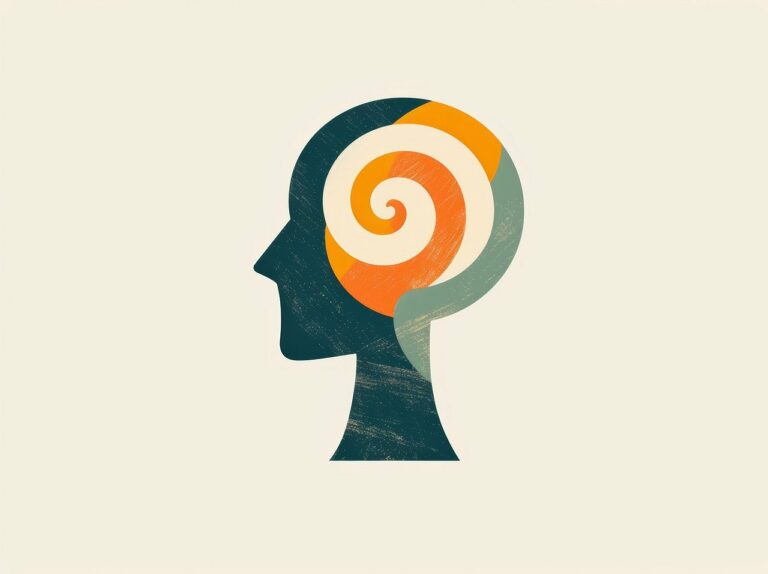The Impact of Hearing Loss on Speech Development
11xplay reddy login registration, laser book 247, skylive casino:Hearing loss is a common condition that can have a significant impact on speech development, especially in children. The ability to hear plays a crucial role in the development of speech and language skills. When a child has difficulty hearing or is unable to hear at all, it can affect their ability to learn and communicate effectively.
The Impact of Hearing Loss on Speech Development
1. Early Detection is Key
Hearing loss can affect speech development at any age, but it is especially critical in young children. Early detection of hearing loss is key to preventing long-term speech and language difficulties. Children with hearing loss may struggle to hear and discriminate between sounds, which can lead to delays in speech development.
2. Communication Challenges
Children with hearing loss may experience difficulties with communication, such as understanding spoken language, following directions, and engaging in conversations. These challenges can impact their ability to develop speech and language skills at a typical rate.
3. Limited Exposure to Language
Children who have hearing loss may have limited exposure to spoken language, which can impede their ability to learn and practice new words and sounds. This lack of exposure can hinder their speech development and result in delays in speech milestones.
4. Impaired Articulation
Hearing loss can also affect a child’s ability to articulate sounds and form words correctly. Children with hearing loss may struggle to produce speech sounds accurately, which can make their speech difficult to understand. This can lead to frustration for both the child and their communication partners.
5. Delayed Language Development
Hearing loss can cause delays in language development, including both receptive (understanding) and expressive (speaking) language skills. Children with hearing loss may have difficulty understanding and using language effectively, which can impact their overall communication abilities.
6. Social and Emotional Effects
The impact of hearing loss on speech development goes beyond the physical challenges. Children with hearing loss may experience social and emotional effects, such as feelings of isolation, frustration, and low self-esteem. These factors can further hinder their speech development and overall well-being.
7. Importance of Early Intervention
Early intervention is crucial for children with hearing loss to minimize the impact on their speech development. Hearing aids, cochlear implants, and other assistive devices can help children hear and process sounds effectively, enabling them to develop speech and language skills more efficiently.
8. Speech Therapy
Speech therapy is an essential component of supporting children with hearing loss in developing their speech and language skills. Speech therapists can work with children to improve their articulation, language, and communication abilities, ultimately helping them overcome the challenges posed by hearing loss.
9. Family and Community Support
Family and community support are vital for children with hearing loss to thrive and succeed in their speech development. Encouraging communication, providing opportunities for language exposure, and fostering a supportive environment can make a significant difference in a child’s speech and language development.
10. Building Confidence
Helping children with hearing loss build confidence in their communication abilities is key to supporting their speech development. Positive reinforcement, patience, and creating opportunities for successful communication experiences can boost a child’s self-esteem and motivation to overcome speech challenges.
FAQs
Q: At what age should hearing loss be detected in children?
A: Hearing loss should ideally be detected in children before the age of three months.
Q: How can parents support their child with hearing loss in speech development?
A: Parents can support their child’s speech development by encouraging communication, seeking early intervention services, and providing a language-rich environment.
Q: What are some signs of hearing loss in children?
A: Signs of hearing loss in children may include delayed speech and language development, difficulty following directions, and decreased responsiveness to sounds.
Q: Can hearing loss be reversed in children?
A: While some cases of hearing loss may be reversible with medical interventions, permanent hearing loss may require the use of assistive devices and therapies to support speech development.
In conclusion, the impact of hearing loss on speech development can be profound, particularly in children. Early detection, intervention, and support are essential in helping children with hearing loss overcome speech challenges and thrive in their communication abilities. By recognizing the signs of hearing loss, seeking appropriate interventions, and providing a supportive environment, children with hearing loss can achieve their full potential in speech and language development.







